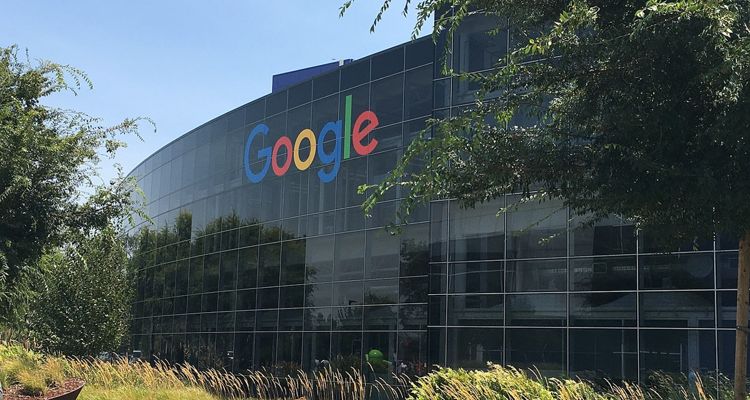Photo Credit: The Pancake of Heaven! / CC by 4.0
About four months after unveiling its text-to-music generator, MusicLM, Google has officially opened up access to the AI-powered tool.
Google announced the expanded availability of MusicLM (and disclosed details about how users will test and improve the AI offering) via a brief message. Interested individuals can now join a waitlist to try out MusicLM (on the web as well as iOS and Android devices) through the overarching AI Test Kitchen.
Meanwhile, those who have already gained access to the music generator are taking to YouTube and social media to chart their experiences. “Be very descriptive,” recommends MusicLM’s instructions on creating a “good prompt” for the AI, which is currently pumping out two song snippets for each of these prompts and then asking users to identify the better option.
Predictably, the debuting tool isn’t without hiccups – one YouTuber’s prompt for music containing “African bongos with an Irish fiddle” was met with an error message – but early evidence suggests that the resulting vocals-free audio largely aligns with user inputs.
Building upon the absence of vocals in MusicLM creations and the wider issue of unauthorized artificial intelligence tracks, Google wrote on the AI platform’s main page that “certain queries” will be rejected at once. “MusicLM is an experimental technology that allows you to generate your own synthetic music for inspiration,” the appropriate text reads. “Certain queries that mention specific artists or include vocals will not be generated.”
The latter restriction appears rather stringent, as MusicLM rejects requests not only for Katy Perry soundalike works, but for “classical music like Mozart” as well as prompts involving any individuals at all (but not protected media like Star Wars), test video shows. Additionally, users can download MP3s of MusicLM songs, though it seems that the resulting (mono) audio clips are each just 20 seconds long and have a 24,000 Hz sample rate at present.
Needless to say, it’ll be worth monitoring the development and prevalence of MusicLM moving forward – particularly given the unprecedented impact that artificial intelligence is already having on the music sphere despite being in its infancy.
Releases (including multiple whole albums) from AI Drake are continuing to make waves on video-sharing services and social platforms, and AI music generator Boomy now proclaims that its users alone “have created 14,699,511 songs, around 14.04% of the world’s recorded music.”
It’s against this backdrop that some artists are embracing AI and, in different instances, asking fans to determine how their work stacks up against soundalike efforts pumped out by artificial intelligence. Overshadowing these and other initiatives are concerns that undiscerning listeners, having for years been exposed to mainstream releases of questionable artistic merit, will go ahead and play AI audio on repeat notwithstanding the availability of proper music.

